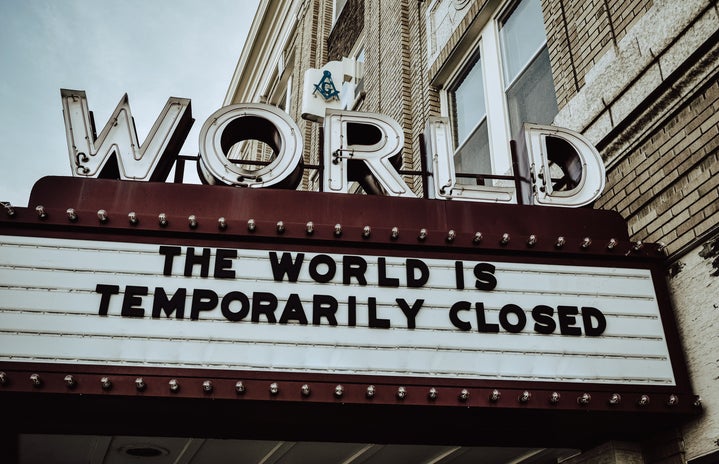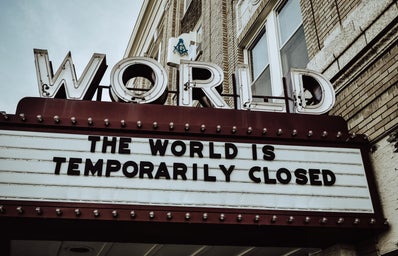Excerpt: This paper examines how the camera-mediated world has created a standard set of identities that has led to a sense of “self-estrangement” due to the creation of the “camera” The camera, in my definition, is a mental image of a screen that is constantly influencing our actions and thoughts. The impact of the camera is particularly strong in the age of media culture. The internalization of the lens of the other has strengthened the alienation of the self. Furthermore, I argue that the camera is not a thing imposed by some external authority but rather emerges from our own desires and needs.
Keywords: the “Camera”, “Self-estrangement”
Edited by: Mythili Kamath
Have you ever found yourself longing for something that does not exist–an abstract yet carefully fashioned notion of yourself, or an “Undekha, Anjana” that only exists in front of the camera?
You constantly play a part in your own self-constructed movie that posits you as the main character– such is the lamentable plight of the Self today. The camera-mediated and camera-saturated world has established a standard set of identities–the acceptable and the not acceptable, the good, the average, and the bad. We have internalized these identical identities due to what I call the development of “the Camera”.
The Camera is not merely physical. Rather, it is the mental creation of a screen that seems to be monitoring us all the time. This screen indiscriminately seeps into both the backstage and frontstage. This can be traced to its roots in the idea prompted by philosopher Jeremy Bentham– the panopticon.
The panopticon visualizes a prison model with an observational tower in the center. From this central vantage point, the guards are able to observe the prisoners, who do not know when they are being observed. Since they do not know when they are being watched, the prisoners are on their best behavior at all times.
Contextualize this in our society. There exists an overarching force that seems to dictate our every action and thought. This force is so firmly embedded in the perception of the Self that every movement seems to be dictated by it. The constant suspicion of surveillance leads to a form of self-regulation in one’s actions, leading to a sense of alienation from oneself.
Self-estrangement is largely based on the commercial identities that are advertised through media. As Rajani Majumdar points out in the book Making Meaning in Indian Cinema, “Even when looking within oneself, one looks in and through the eyes of the other, one needs the other’s gaze to constitute oneself as self.”
Delving deeper into this quote, the many manifestations of the other become apparent in our daily lives. For instance, the rise of influencer culture has placed considerable pressure on individuals to emulate the unattainable lifestyles promoted on social media. This emulation does not stop at merely aping certain practices.
This internalization becomes the imitation of the identity itself, as an entertainer for an audience. Even today, films and media are largely targeted toward a male audience,with male characters as lead characters a majority of the time. Data shows that around 74% of the leading cast and crew roles go to men when observing 10 feature films at different film festivals . Hence, the lens of the camera is largely from the male perspective, and women are forced to internalize this lens. Women begin objectifying themselves as if their perceptions lie outside their own bodies, viewing themselves as a man would. It is when the struggle between emulation and reality converges that one feels estranged. The self becomes defined by the expressions we seek to portray or “give off”.
The Camera that follows is not forced upon us; it is desired by us because it provides us with a level of fulfillment that our realities can never attain. Our realities are plagued by our inability to recognize our lack of agency over our lives. The Camera is able to give us a false sense of control. When you pose yourself as a character in a movie, you can create an illusion of importance. Just as the Camera follows the protagonist of a movie, so it follows you. Just as the protagonist addresses the audience–directly or indirectly–so do you. Your life becomes a movie. You constantly play a part for the unseen audience. The impressions you seek to “give off” become intertwined with the way you perceive yourself. Becoming the object of entertainment for the audience, you put on a show. But when the play ends and the theatre’s lights turn on, the audience you entertained your entire life reveals itself. There is no one there, except you and your true self that struggles to emerge.


